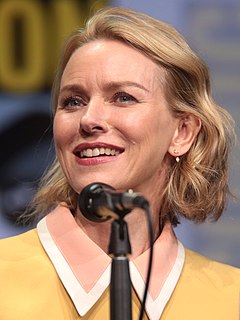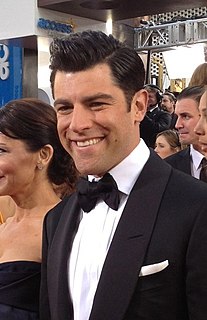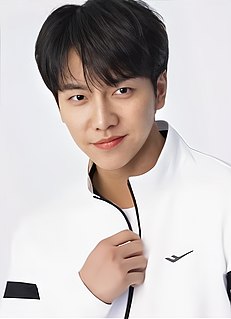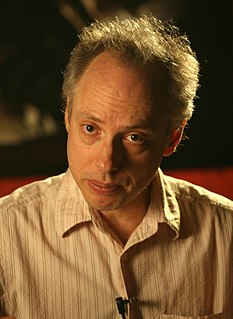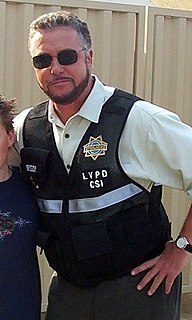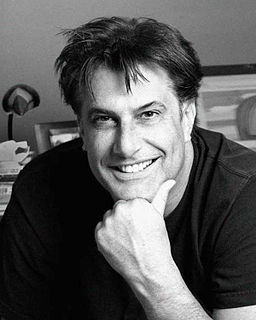A Quote by Judd Nelson
Breakfast Club was great because we had a real rehearsal, and we shot primarily in sequence. I thought that was going to be how movies were done. I didn't really know how lucky we all were. We had a director that liked actors. I didn't know that was going to be rare.
Related Quotes
In the old days when I first was coming up, you would turn up on set in the morning with your coffee, script, and hangover and you would figure out what you were going to do with the day and how you were going to play the scenes. You would rehearse and then invite the crew in to watch the actors go through the scenes. The actors would go away to makeup and costume and the director and the DP would work out how they were going to cover what the actors had just done.
It's always the last one because it's so present in your body. I liked Scream of the Banshee because it was a real challenge. I thought, "How am I going to pull off this character?" But, I also thought, "Oh, man, I'm going to go for it." He's got all the defects of character that an actor loves to play. So, I had a really great time.
We had met with Ben Stiller here in LA when I was shooting The Ring and he was doing Meet The Fockers and we have friends in common. But we didn't know each other well. He's fantastic and we really had a great time on this and we were both laughing at where we were at, this other couple, and how it was mirroring what we were going through as well. It was clever writing in that way.
When we started on 'Coraline,' there was a whole host of things that we had no idea how we were going to do. Because we were making films in a way that had never really been done before, we were taking this hundred-year-old art form and bringing it into a new era by embracing technology and innovation.
Before 'New Girl,' I had just been grinding in TV for a really long time. I had been testing for so many shows and not getting them. You don't know how difficult it is or how lucky you have to be - and I only say lucky because there are so many people out there - to get a show on the air and keep it going.
Movies are great fun and wonderful when they're good. But you never get to see them till six months after they're finished. So you never get a sense of whether they're really well liked or how good they are. And you don't really know what the finished product is going to be like, because it's a director's medium.
People call you "director," but it really should be "economic manager." Because everything is "Well, we can do another take here, but then you're gonna lose that shot over there." Or "The sun's going down, sorry, you're outta luck. We can't afford to." You know? And meanwhile, how do you get the performer's performance? I'm thinking the whole time all about "How can I get my day done?" And my performances are primarily a result of casting the right people at the right time in the right parts. And then I do little modifications.
For me, the ages between 9 and 12 were great because it was before you wore any masks, and you had some autonomy in the world. You had some freedom, and you felt you had unlimited ambition. It's when you thought, 'I'm going to write plays. I'm going to be president. I'm going to do this; I'm going to do that.' And then it all falls apart.



